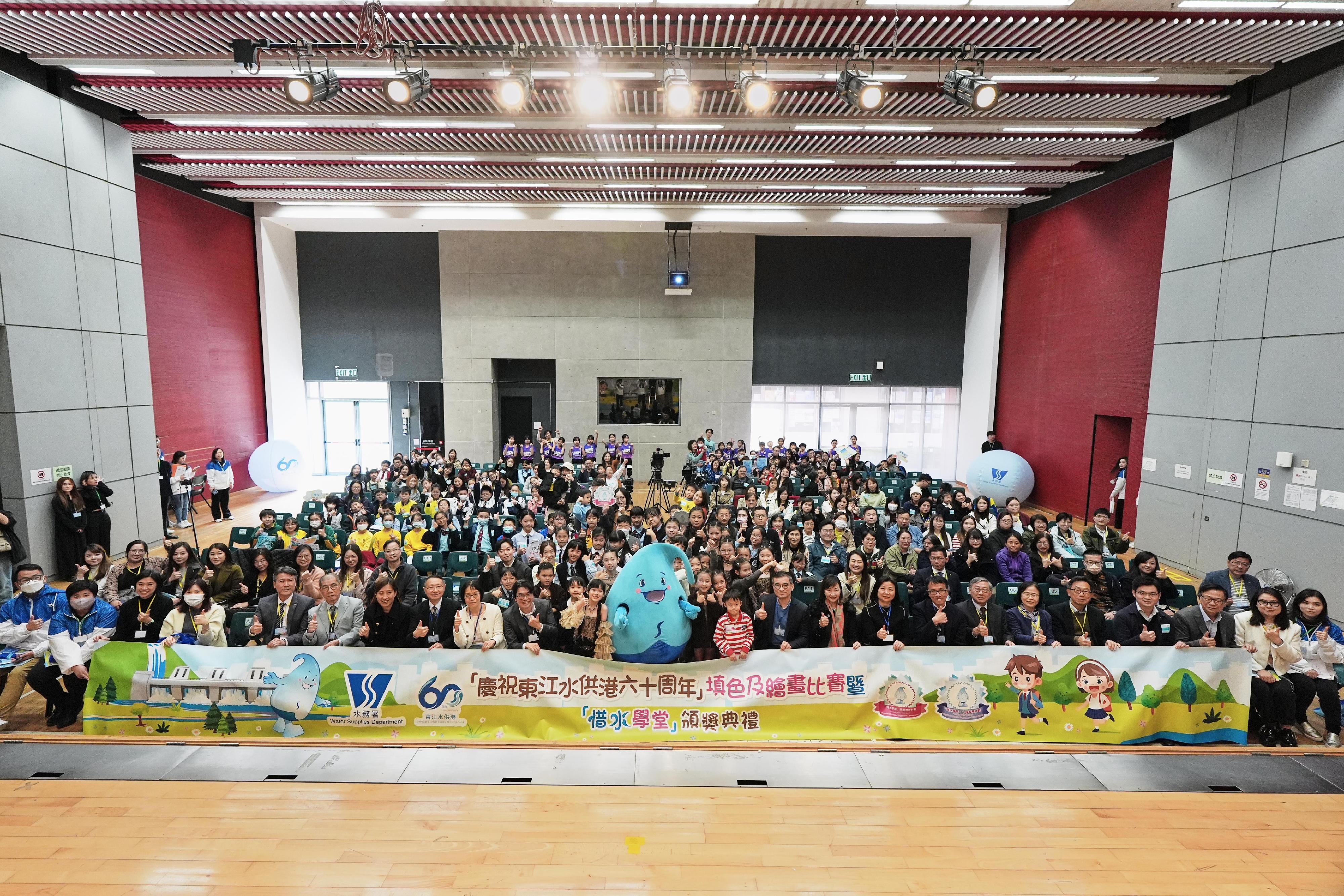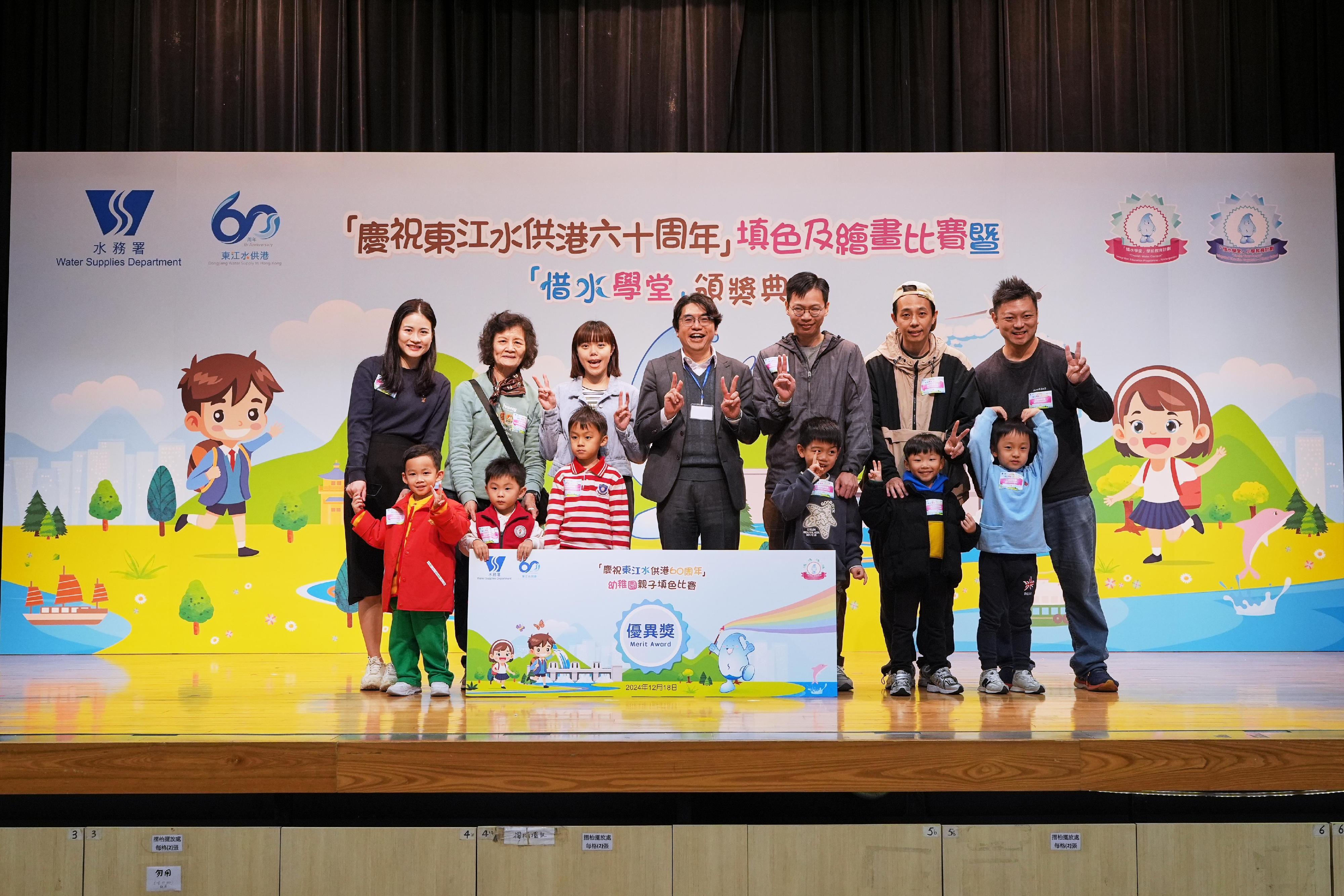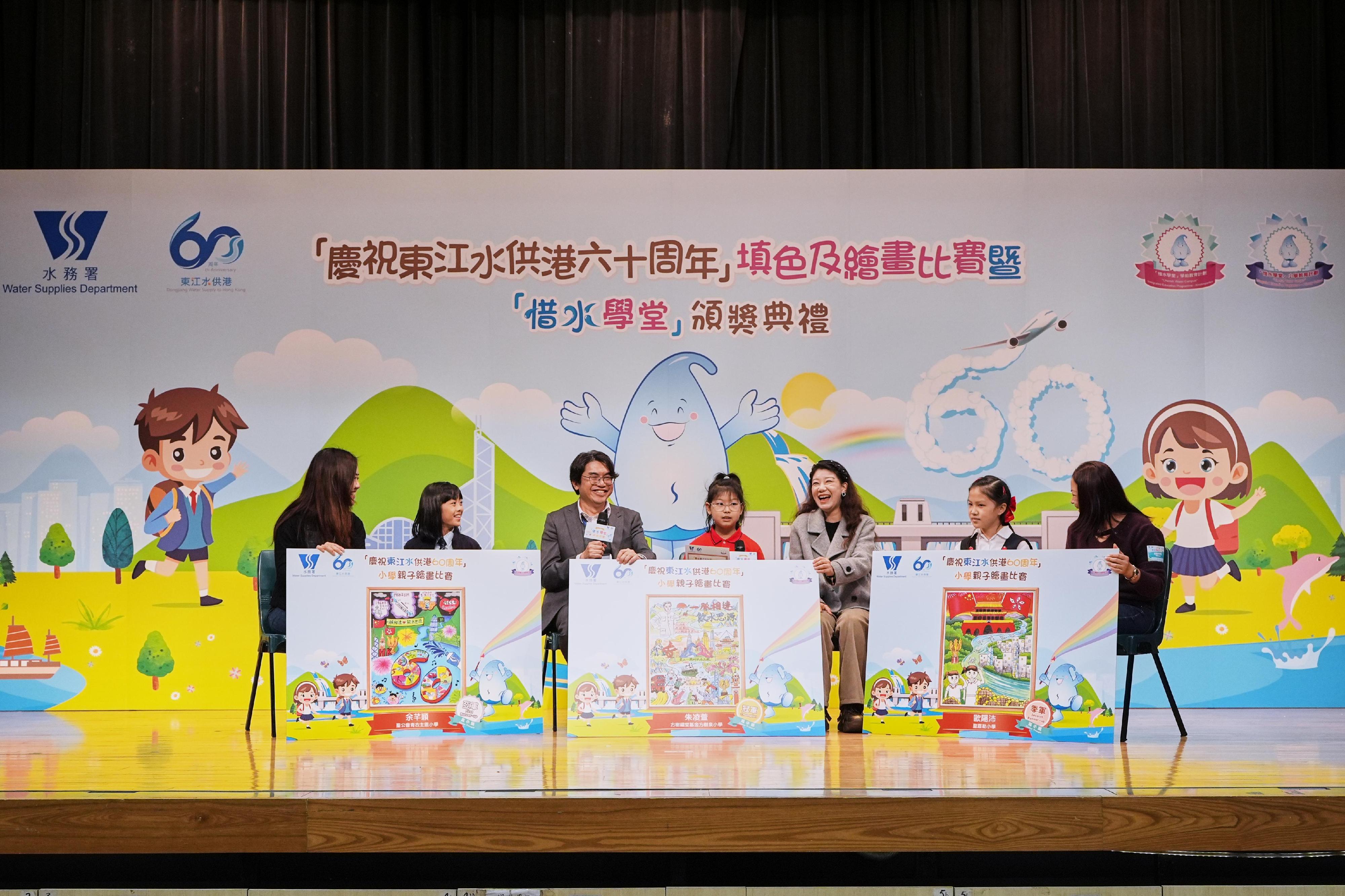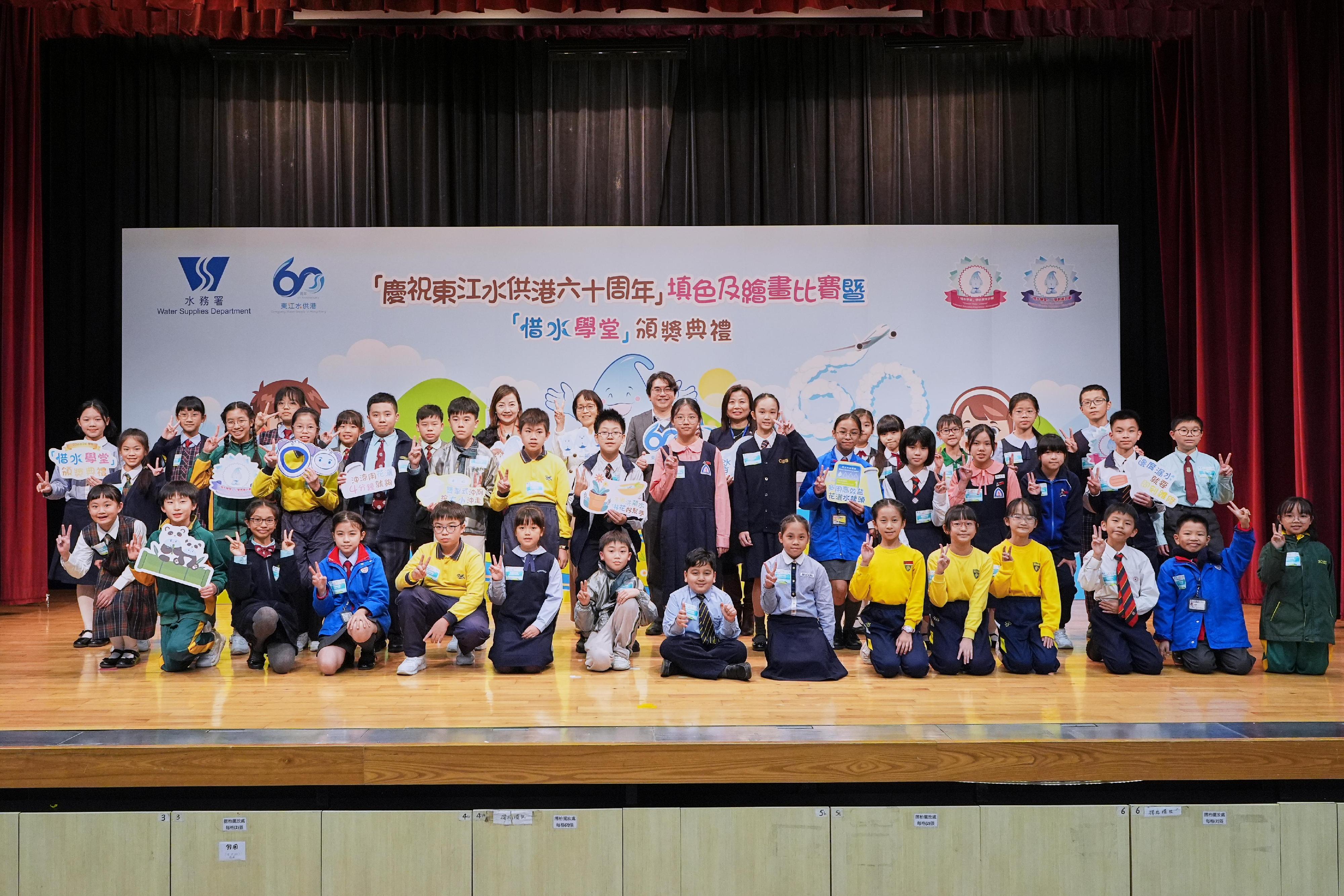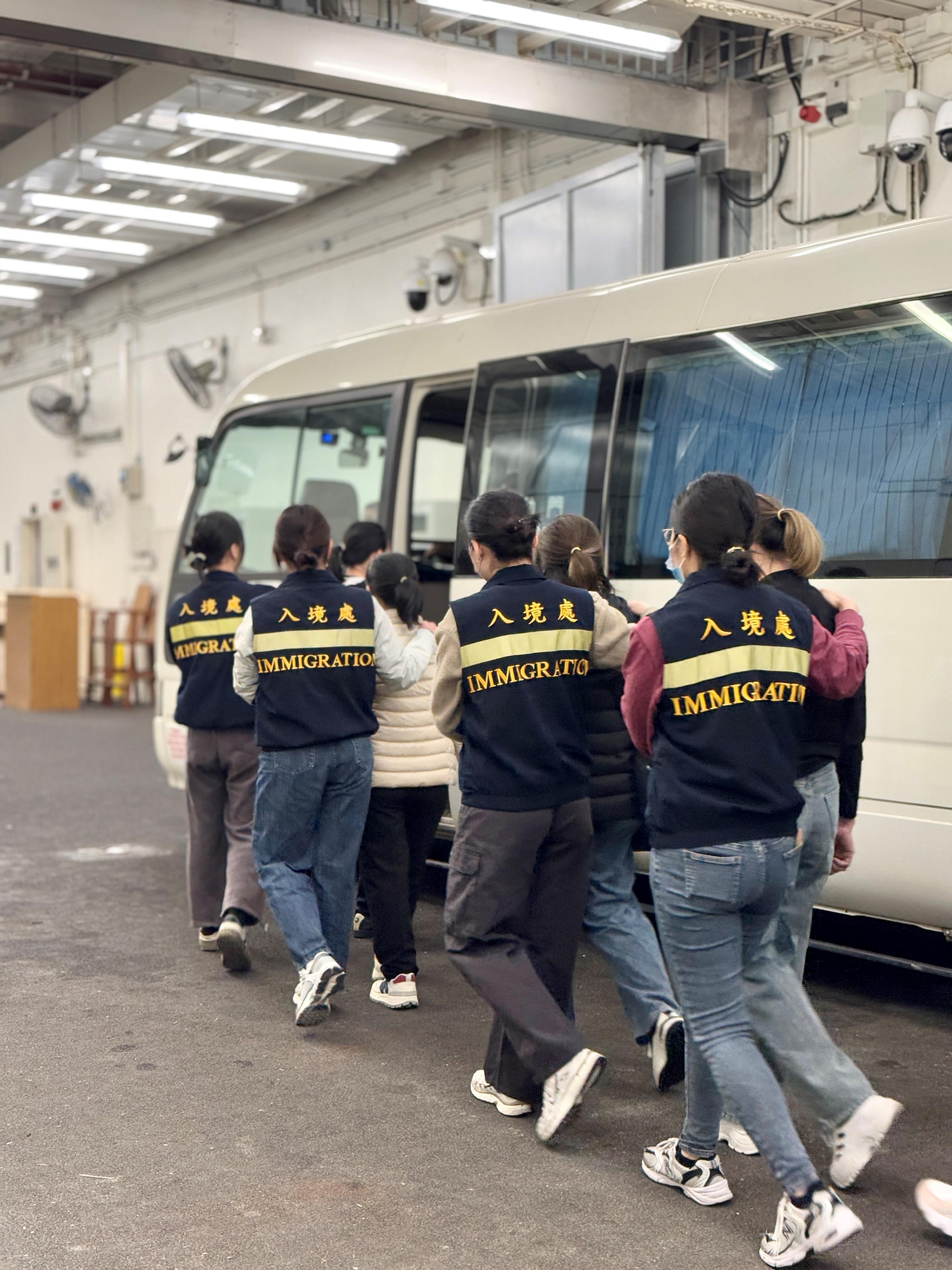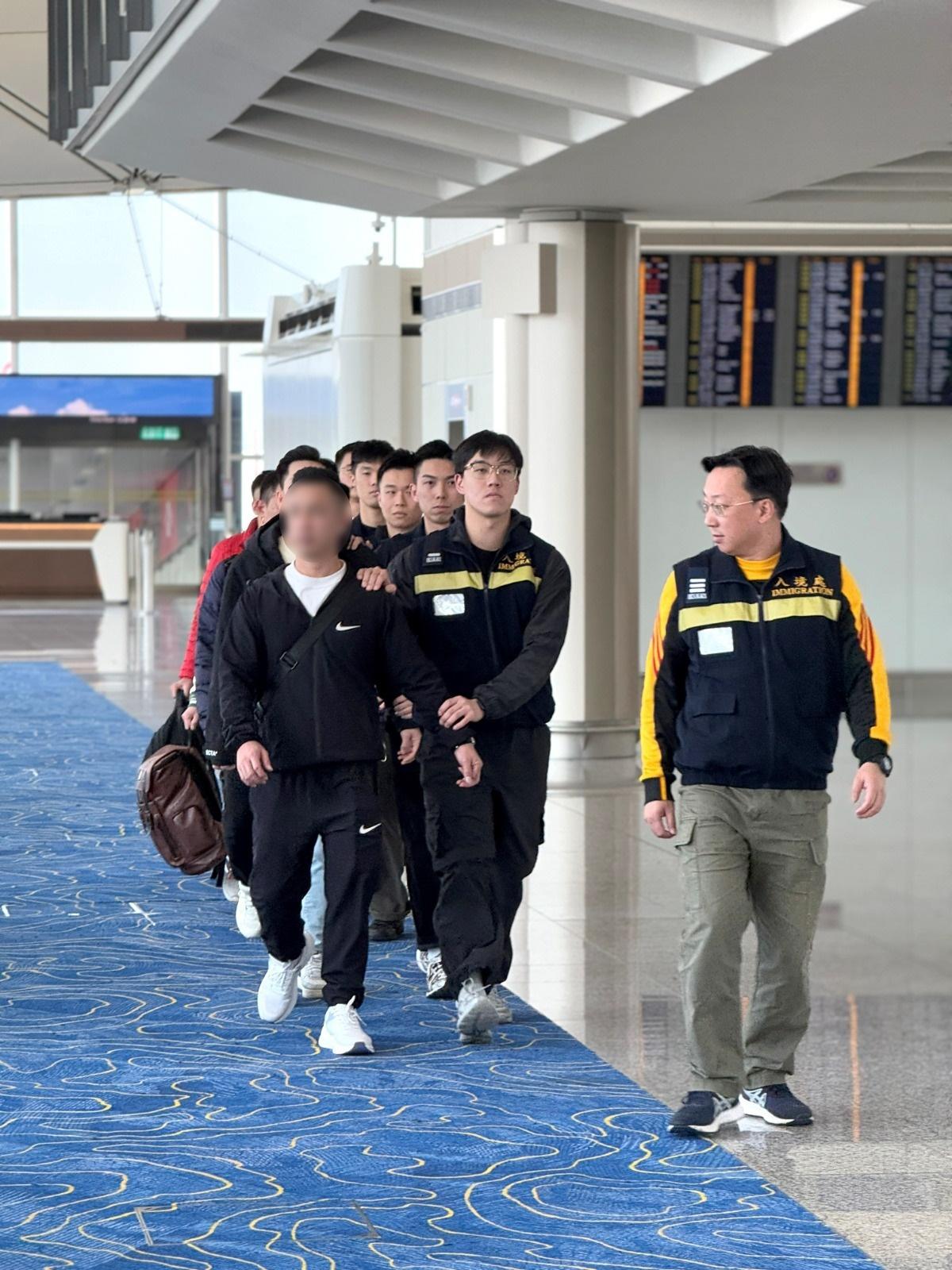LCQ6: Kai Tak Sports Park
Following is a question by the Hon Yang Wing-kit and a reply by the Acting Secretary for Security, Mr Michael Cheuk, in the Legislative Council today (December 18):
Question:
It is learnt that a series of test events are being held in the Kai Tak Sports Park (KTSP) to test out the facilities in the venues of KTSP and the traffic arrangements outside KTSP. The test events held at the Kai Tak Youth Sports Ground of KTSP in recent months have been operating smoothly, while the test events for the Main Stadium are expected to be held in January next year. In this connection, will the Government inform this Council:
(1) whether it knows if the MTR Corporation Limited has formulated contingency plans for scenarios in respect of the Main Stadium, such as during peak hours, rainy days, and when concerts overrunning until the time close to the departure of the last MTR trains; if it knows, of the details; if not, the reasons for that;
(2) whether it will discuss with operators of public transport services such as buses, tour coaches and ferries corresponding arrangements for diverting passenger flows after the holding of large-scale events in the Main Stadium (especially during peak hours); if so, of the details; if not, the reasons for that; and
(3) whether it will discuss with merchants' associations in the Kowloon City District the provision of concessions to customers or even the organisation of other large-scale activities during the holding of events in KTSP, so as to attract the spectators to stay in the district for consumption and alleviate the pressure on local traffic arising from the dispersion of crowds from events in KTSP; if so, of the details; if not, the reasons for that?
Reply:
President,
Being the largest sports infrastructure project ever commissioned in Hong Kong, the Kai Tak Sports Park (KTSP) plays a significant role in boosting sports development, injecting impetus into the recreation, entertainment and tourism industries, as well as the development of mega-event economy. To prepare for the opening of the KTSP in the first quarter of the next year, the Government established the inter-departmental Task Force on KTSP, led by the Chief Secretary for Administration, to oversee and co-ordinate the preparations for the completion and commissioning of the KTSP.
The Government, in collaboration with the Kai Tak Sports Park Limited (KTSPL), will conduct around 20 test events and stress tests, including stress tests involving up to 50 000 participants. To facilitate these tests, the Hong Kong Police Force (HKPF) has set up a dedicated "Exercise Team". The "Exercise Team" employs the "Red Team" concept, formulates different testing areas for the various venues and facilities of the KTSP, and reviews the co-ordination and response of relevant departments in handling emergency situations. A total of seven test events and stress tests have been completed so far. With the concerted efforts of all parties, extensive testing and assessments have been conducted on the KTSP facilities, as well as crowd management and traffic dispersal plans, with a view to drawing on the experience gained for optimising the arrangements. We will progressively expand the scope and enhance intensity of the tests to ensure thorough preparation for the opening of the KTSP.
In consultation with the Transport and Logistics Bureau (TLB), the Culture, Sports and Tourism Bureau (CSTB), and the Home Affairs Department (HAD), my consolidated reply to the various parts of the question is as follows:
(1) The KTSP is only around a 10 to 15-minute walk from Kai Tak Station and Sung Wong Toi Station of the MTR Tuen Ma Line. When mega events are held at the KTSP, the MTR Corporation Limited (MTRCL) will communicate with the KTSPL and relevant Government departments (in particular the Transport Department (TD) and the HKPF) in advance, so as to make detailed plans and preparation, including enhancement of railway service at the relevant periods and the corresponding station passenger flow management measures, in consideration of the event nature, the number of spectators, the expected event ending time and the needs of the spectators. During the dispersal of mega events in KTSP, the MTRCL will arrange to enhance the frequency of the Tuen Ma Line, at maximum to a level similar to that of the morning peak. Among the trains of enhanced frequency, "special spare trains" may be arranged specifically for the dispersal of spectators.
Moreover, on the day of mega event, the MTRCL will maintain close liaison with the inter-departmental liaison group co-ordinated by the Government to closely monitor the event progress and weather conditions, and make appropriate contingency arrangements as required. The MTRCL will also deploy additional staff to assist passengers and enhance the dissemination of passengers' information, including real-time train frequency, special signage and public announcement.
The MTRCL has already devised different operation plans for the aforementioned arrangements, and will continue to actively take part in the test events and stress tests of the KTSP, so as to test and refine the relevant operation plans.
(2) The TD will communicate with public transport operators in advance regarding the time of mega events at the KTSP to facilitate the latter's enhancement of service as necessary. The HKPF will set various scenarios in future test events and stress tests to assess the traffic and transport capacity of the nearby areas, in order to optimise and enhance the relevant arrangements.
Concerning buses, other than the over 40 bus routes in the nearby areas of KTSP that connect to various districts in Hong Kong, Kowloon and the New Territories, when mega events are held, the TD will arrange for suitable special bus services having regard to the nature and scale of the event as well as the transport needs of the participants, so as to meet the additional transport needs during the events.
Regarding ferry services, currently, the berthing facilities in the vicinity of the KTSP are rather limited. The Kowloon City Ferry Pier, being relatively close to the Main Stadium, is approximately a 15 to 20-minute walk away and offers the "North Point – Kowloon City" route. If ferries are to be utilised for crowd dispersal, factors such as walking distance, road conditions en route, crowd dispersal measures, ferry service schedule and the actual passenger demand, etc. must also be taken into account. While other land transport is more efficient than ferries in dispersing large crowds, the Government is open to utilising ferries for crowd dispersal.
In respect of coach arrangement, the KTSPL and event organisers will arrange coach services, including cross-boundary coaches, when necessary. The KTSPL has commenced discussion with cross-boundary coach companies, and has been co-ordinating with them to work out the special cross-boundary services arrangements. We note that some event organisers will also work with cross-boundary coach service providers to offer travel packages to cross-boundary travelers to enhance their experience.
(3) There are various kinds of catering facilities at the KTSP. Amongst which, there are some 30 bars and catering outlets in the Main Stadium, which could meet the catering needs thereat as compared to other facilities of similar scale in the world. The KTSP could also flexibly arrange mobile catering booths during large-scale events. The number of mobile catering booths will be flexibly increased based on actual situation.
Besides, there are over 700 thousand feet of retail, catering as well as leisure and entertainment facilities in the KTSP, including a 20 thousand feet food hall and various popular outlets of international cuisines. The Dining Cove also accommodates nine diversified concept restaurants where citizens and tourists can choose to dine in the indoor or outdoor areas and enjoy the breath-taking views of the Victoria Harbour.
On the other hand, the neighbouring districts of Kowloon City and To Kwa Wan, which are in close proximity of the KTSP, also provide an array of dining options. The Kowloon City District Office (KCDO) has all along been maintaining close liaison with merchants in the district through local organisations and trade associations, encouraging them to provide all kinds of offers with a view to attracting members of the public from outside the district as well as tourists to shop and tour around Kowloon City District. Recently, the KCDO invited merchants in the district to provide offers to members of the public participated in the test events and stress tests at the KTSP on a trial basis, with a total of 15 merchants joining the scheme. The KCDO is holding the "Taste, Shop and Explore Kowloon City with Pets" activity series this month with an aim to promoting special hotspots in the district. Over 120 merchants have made different types of offers. We will discuss with the merchants involved as to whether the promotional period can be extended to attract spectators of upcoming KTSP events to shop and dine in the district.
